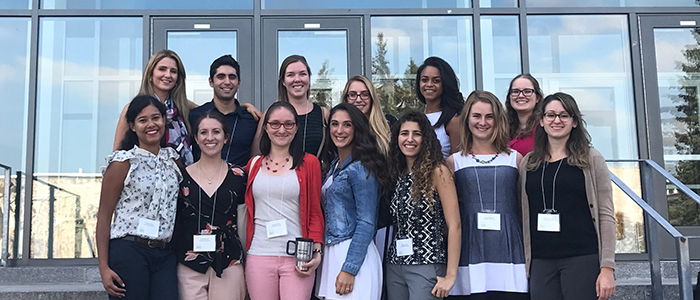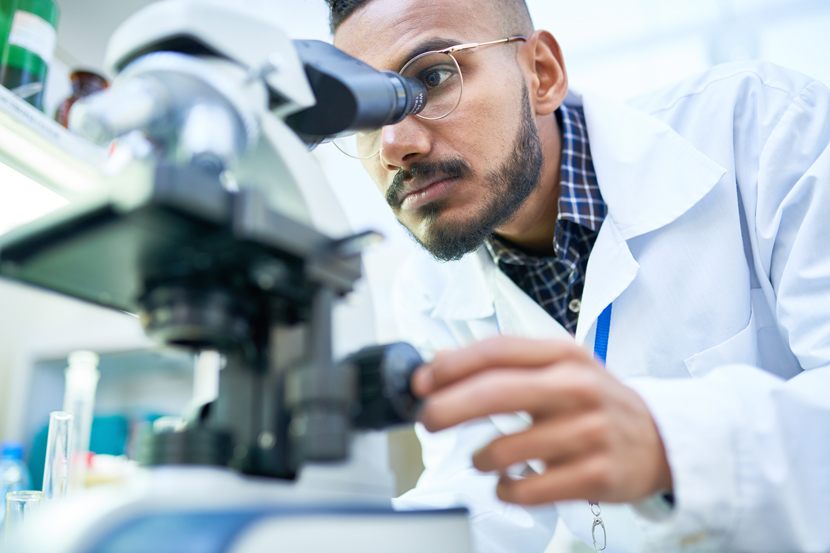PGY-2 to 4
Medical microbiology is a five year program with the first year structured for successful completion of MCCQE Part II. The second year is the first year of Microbiology laboratory training, and is combined with 6 months of Infectious Disease training. Microbiology in the Champlain LHIN is now consolidated at the General Campus of The Ottawa Hospital (TOH). Virology remains at the Children’s Hospital of Eastern Ontario, and rotations occur in PGY 3 & 4 years. The Microbiology laboratory at TOH has the Kiestra installed and the lab is ion the process of completing the implementations of this instrument and how it will impact clinical care as it relates to Infectious Diseases. The Kiestra in itself has created numerous opportunities for applied research activities and resident education.
In the PGY 3 year the plan is complete the resident’s bench training and this will include Mycobacteriology, Mycology, Molecular diagnostics and Virology. The resident will then start the transition from the bench worker to bench resource, and then take on call responsibilities. The resident will also do 6 months of Infectious Diseases as well. Once the resident has demonstrated a competence and level of comfort related to lab work, there will be an opportunity to be involved in a continuity clinic, which will allow the resident to have a better understanding of the progression of disease, or better yet the response to therapy. Involvement in laboratory committees will also start during this time.
The PGY 4 year the resident will comprise more of what was happening in the PGY 3 year, but the resident is encouraged to examine other laboratories during elective periods. More time in Infectious Diseases is included with rotation at the Children’s Hospital of Eastern Ontario. Call will continue with continuous exposure to committees and opportunities to visit community hospitals that are associated with the consolidated Microbiology lab. Lab management issues is included during this time and extends into the final year.
PGY-5
The PGY 5 year is a time to refine and consolidate knowledge and prepare for exams in the spring. The trainee will be transitioning to a junior attending. Flexibility is built into the program to support further areas of training and specialization.


